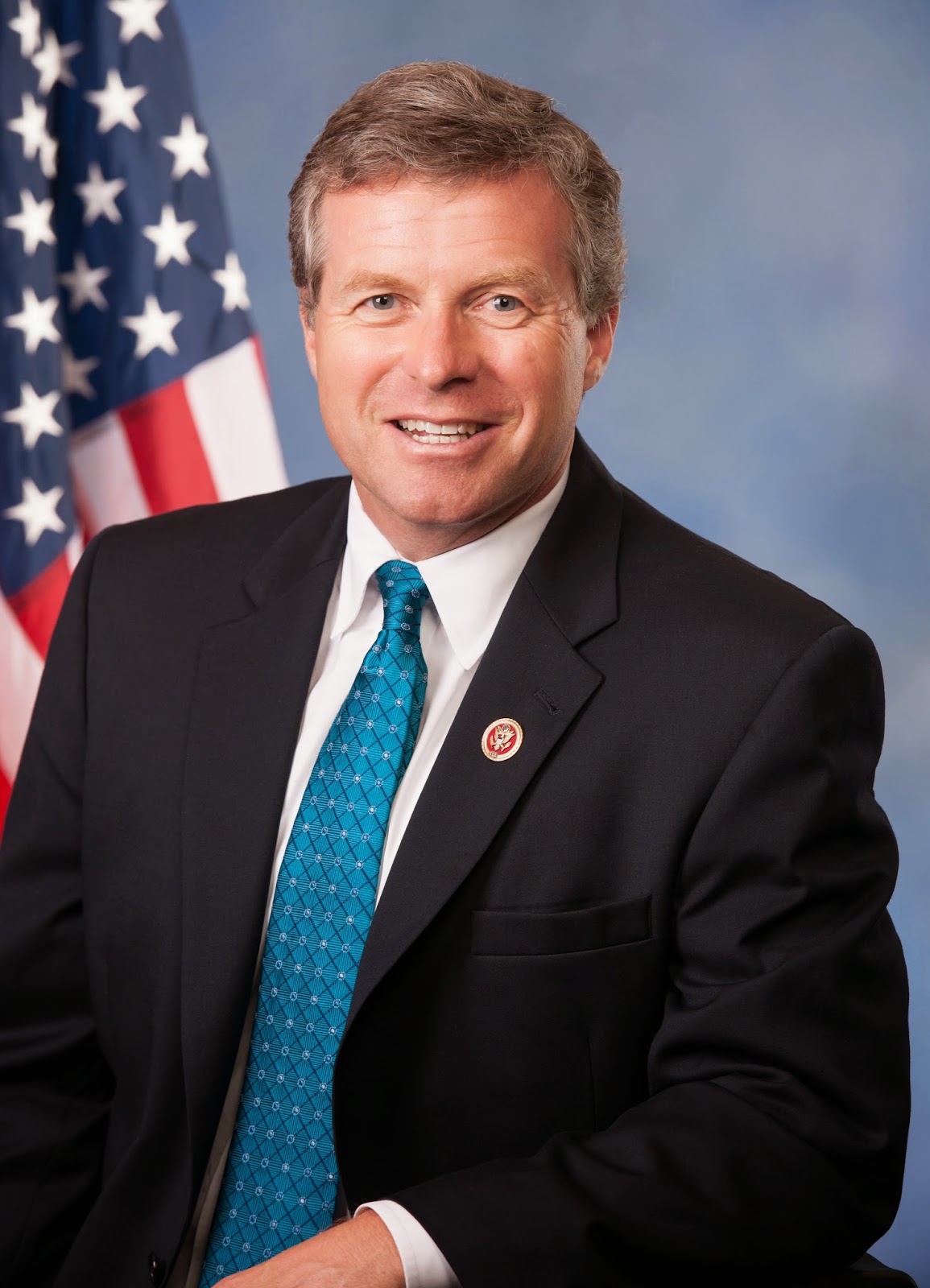 |
| Covenant United Methodist Church |
By all outward appearances, Northampton County government is church-friendly. Before every meeting, all Council members and the Executive rise in prayer. A former and current member of Council are clergymen. Despite occasional grumbling from an atheist here and there, a plaque with the Ten Commandments defiantly adorns historic Courtroom One. But behind the scenes, little known to even elected officials, a quiet war has recently been declared against the Church. This is the story of that conflict.
It's an old story, really. Since the days of Henry II and St. Thomas Becket, government officials have always wanted more money than churches are willing to give. In Northampton County, the Revenue Appeals Board has assumed Henry II's crown. Starting ironically on St. Patrick's Day, 34 churches have been summoned to justify their tax exemptions. This is part of a process that this Board decided on itself, without a formal resolution or ordinance from County Council.
The Revenue Appeals Board
What is the Revenue Appeals Board? It's a five-person board, appointed by the Executive and confirmed by Council, who are paid to hear assessment appeals filed by property owners and taxing bodies. They can lower or raise a property assessment, and can declare a property exempt, taking it off the tax rolls.
It is supposed to be a quasi judicial body, but it has played favorites.
Late last year, worried that multimillionaire developer Mark Mulligan might back out of purchasing the Wolf Building from the County, the Board entertained and granted a late appeal to reduce the assessment, in complete violation of county law. The person who strongly advocated for this illegal reduction, Richard McAteer, happens to be a member of the Revenue Appeals Board. He also chairs the Easton Redevelopment Authority. Wearing his Revenue Appeals Board hat, he voted by proxy to break a 2-2 tie in favor of a reduced development.
Charles Gordon, the Solicitor who represents this Board, was asked how he could allow a member of a quasi judicial body to vote on a matter in which he heard none of the evidence. "Nobody asked me," he answered.
No Reassessment since 1995
Northampton County has a
$8.834 billion assessed value tax base. This is where the property taxes imposed by all municipalities and school districts are derived. There's been no appreciable increase in recent years, thanks to the Great Recession, a stalled real estate market and an
increase in assessment appeals in recent years.
These appeals stem from the inequities that result from a lack of reassessment. Politically unpopular and costly, there has been no county-wide reassessment since 1995. They are often perceived as tax hikes in disguise, especially to those who end up paying higher taxes. State law, however, requires that the
process must be revenue neutral. Some property owners would also see their taxes go down.
Because there's no political will for reassessment, County officials began turning their eyes on nonprofits as a revenue source, much as Henry II looked on the church. And for good reason.
Nine percent of the County tax base, or $770 million, is listed as exempt. That's 4,060 parcels.
The ArtsQuest Exemption
In 2012, when ArtsQuest sought an exemption for two South Side Bethlehem parcels, Council member Lamont McClure and Controller Steve Barron fought
against it. McClure threatened to withhold hotel tax revenue already pledged to the Jeff Parks nonprofit, while Barron complained about "the funnel of cash going down there."
Council member Peg Ferraro disagreed, calling the ArtsQuest improvements a "blessing" and "asset to all of us." Echoing Ferraro, Council member Ken Kraft called ArtsQuest founder Jeff Parks a "visionary" under attack by "jealous people" in what seemed to him like a "witch hunt".
A Back Door Reassessment of Nonprofits?
What was unknown at the time of the ArtsQuest debate is that
the Revenue Appeals Board had already ordered assessors to review
all 4,060 exempt parcels. By reviewing all parcels, the Board could avoid a claim of spot assessment, i.e. a property owner being singled out. It's unclear whether the county board has
any independent authority to review an assessment without a request by the property owner or a taxing body. In a recent
Warren County case, a county court ruled that a county revenue appeals board has no authority, on its own initiative, to change the exempt status of a nonprofit. But that's precisely what has happened in Northampton County. Reviews were completed early this year, and the Board started exemption hearings on St. Patrick's Day. Because the Board has targeted all nonprofits, numerous small churches scattered throughout the County are being put through the ringer.
War on the Church
In many cases, the Board has learned that parsonages and convents are listed as exempt properties, and the churches responsible have quickly agreed to start paying taxes. Even in the case of Roseto's Independent Presbyterian Church, where the Pastor lives in just 292 sq ft, taxes were imposed. But other decisions are even more questionable.
One of these small churches is
Covenant United Methodist Church, located in Klecknersville. Built in the '60s, the Church was surrounded by acres of grassland. Some was converted into a baseball field, and a farmer approached the Church for permission to till the remaining land. The Church, which would otherwise have to spend money cutting the grass, agreed. After a few years, the farmer asked the church if he could make a donation every year. If he plants soybean or corn, that donation could be $400. If it's grass, like this year, it's around $250.
At an April 22 hearing, the Revenue Appeals Board decided to tax this land. It determined that four acres are being farmed, though it conducted no survey. It valued the land at $29,600, or $7,400 per acre, even though it is landlocked and can only be accessed via remaining church property. This is much higher than the
$4,191 per acre average paid by Northampton County for farmland preservation.
This translates to $910 in taxes, well above what the farmer is donating. Trustee Alfred Miles doubts that the land will continue to be farmed if this ruling stands.
Miles is also irked that the Board just divided four acres off the property when everything is contained on one Deed. "They did a subdivision we didn't request," he remarked. He's still scratching his head over how a church can be assessed taxes on a property from which it derives no profit and that encourages our threatened farmland.
Ironically, Northampton County has preserved over
13,000 acres of farmland with a half mill open space tax increase dedicated for that purpose.
One hand giveth, and the other taketh away.
Things could be worse. At the nearby Salem United Church of Christ, located in Moore Township, the Revenue Appeals Board imposed a $39,100 valuation on four acres being farmed. That's $9,775 per acre.
Has the Tax Basis Increased?
In two months of hearings, the Revenue Appeals Board has added $1,469,700 in taxable assessments. Most of the increase is undisputed. This quiet war has increased the County's taxable assessments by 0.016%.
ArtsQuest is on deck.
 Many varsity basketball players also play football, and their coaches won't release them from the weight room for these games. So they arrive late, or not at all. But that's good news for 8th graders like Mikey Esquilin (left) and Dat Lambert (right). They both not only played, but even started. That's the beauty of Summer Hoops, when the coaches and kids are more relaxed, more willing to try different things, more willing to have fun.
Many varsity basketball players also play football, and their coaches won't release them from the weight room for these games. So they arrive late, or not at all. But that's good news for 8th graders like Mikey Esquilin (left) and Dat Lambert (right). They both not only played, but even started. That's the beauty of Summer Hoops, when the coaches and kids are more relaxed, more willing to try different things, more willing to have fun.



































